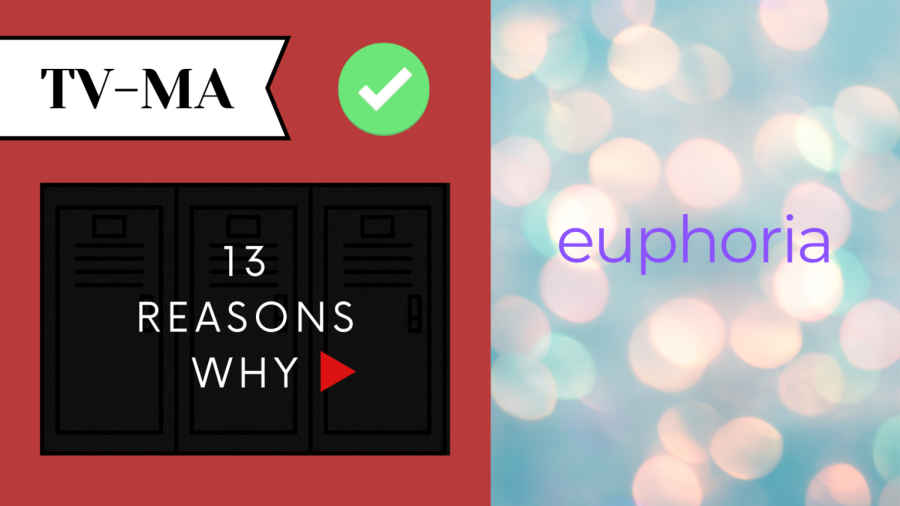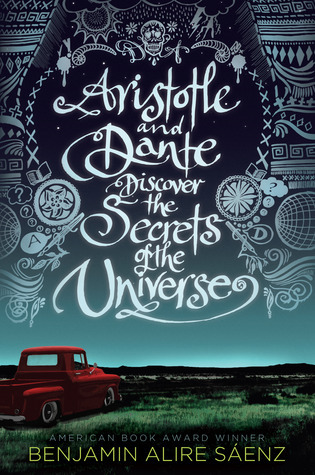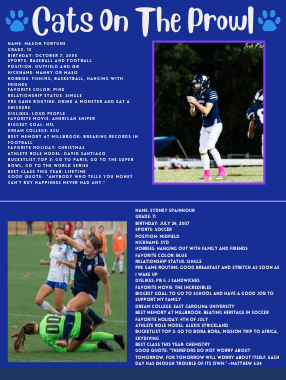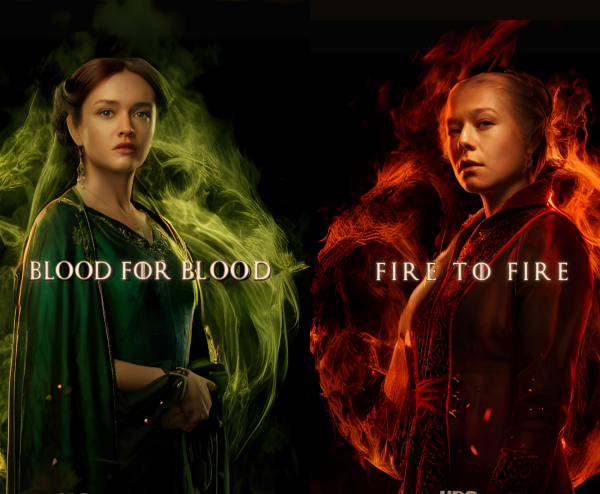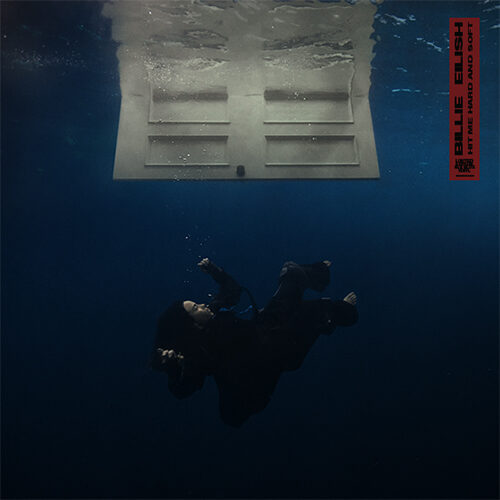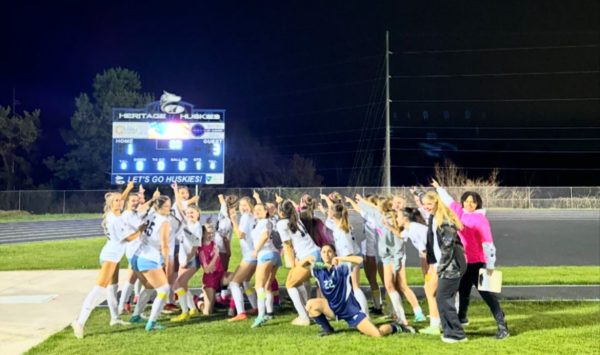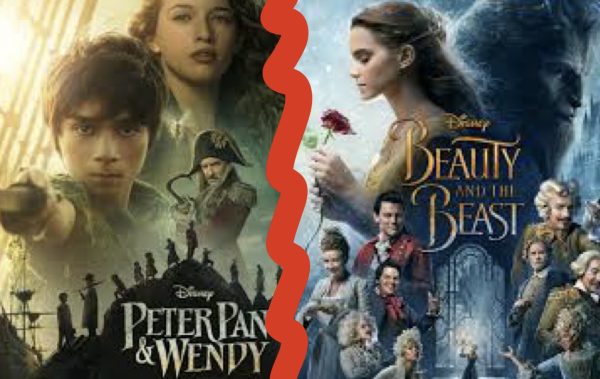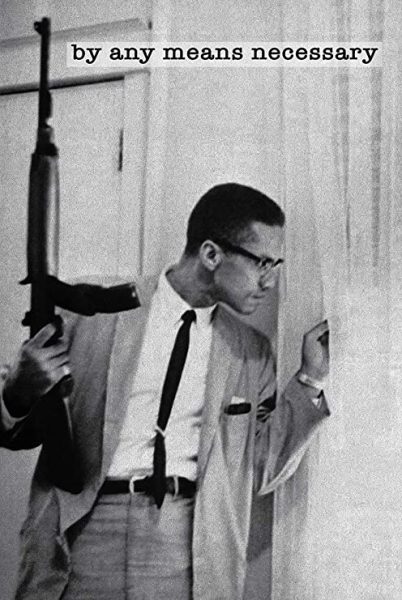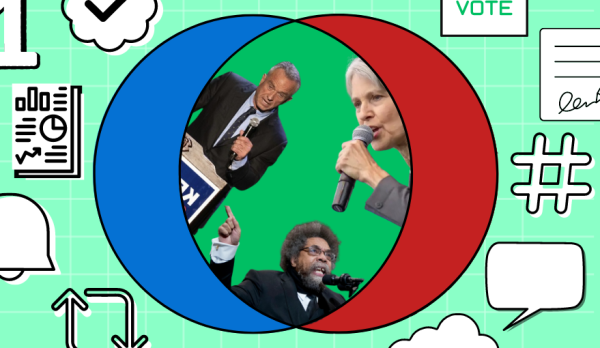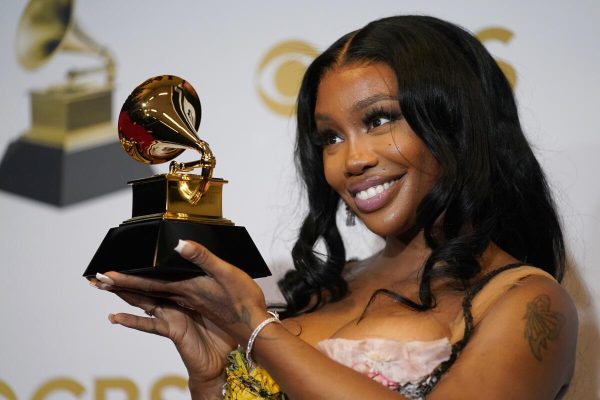Controversial TV Shows Are Good for Teens
Rated for mature audiences only, 13 Reasons Why and Euphoria are great examples of shows that expose teens to real-life situations. Having prior knowledge around these subjects can benefit them greatly if they ever find themselves in an uncomfortable or unsafe situation.
April 29, 2022
It is natural for parents to follow their protective instinct to forbid their children from watching TV shows that have been rated for sensitive and/or inappropriate content. However, there is something to be said about the benefit of being exposed to reality. In today’s world, real-life is not for the faint of heart. There are situations that no parent wants their child to end up in, but it is even worse if they have no idea what to do.
In the past decade, streaming services have soared in popularity as trending shows can only be viewed on particular platforms. 13 Reasons Why (released in 2017) is a Netflix Original series that is rated TV-MA (Mature Audience Only) for its sensitive content. The controversial drama centers around a teenage girl named Hannah who commits suicide. Clay, a boy who liked her, receives a box of recordings that detail the thirteen reasons why she took her own life. Throughout the four seasons of the show, Clay’s living narrative is paired with Hannah’s recordings to present a tragic and gut-wrenching story.
Worried parents fear that watching controversial shows like 13 Reasons Why would encourage their teens to “get ideas” and mimic behavior that they watch. While this is a valid concern, I think it is an underestimate of teenage decision-making. In my opinion, I think the show is instead a model for what not to do because choices surrounding suicide, alcohol and drug use, sexual activity, and violence result in realistic outcomes. When asked if she thinks it is beneficial for teens to be exposed to inappropriate content, senior Gracie Porter replies, “It can give a lot of teens something to relate to if they’re going through that same thing.” Thus, shows like 13 Reasons Why demonstrate the value in watching shows that are considered inappropriate because it gives teens the opportunity to see for themselves the consequences of poor decisions.
Likewise, Euphoria (released in 2019) is an HBO Max Original series that is also rated TV-MA because its content includes substance abuse, nudity, sexual activity, violence, and vulgar language. Senior Sydney Howard says, “I think Euphoria is so entertaining, but shows like that are certainly not for everyone. There are very mature themes and intense scenes that can be taken the wrong way by younger audiences.” This teen drama follows the plot of a group of high school students who are each struggling with different life battles. The show is narrated by 17-year-old Rue, a girl who has developed a serious drug addiction. Sydney also notes, “There are times where I think drug use is glamorized, especially in season 1, and the wrong message can be sent to a younger audience. However, I think as long as there is open communication and a high level of maturity, it’s okay.” Because the series takes place in a high school setting, this show offers teens with more relevant content that informs them of the potential consequences of substance addiction.
In situations that could have serious consequences, it is important for teens to have been exposed to these real-life scenarios in order to protect themselves and to do the right thing. Shows like 13 Reasons Why and Euphoria display the consequences of poor decisions in an unbiased way, which is better than a parent delivering an undesired lecture that can make teens want to rebel. Overall, the benefits of allowing teens to watch controversial shows outweigh the concerns of teens mimicking poor behavior and being encouraged to make bad decisions.


